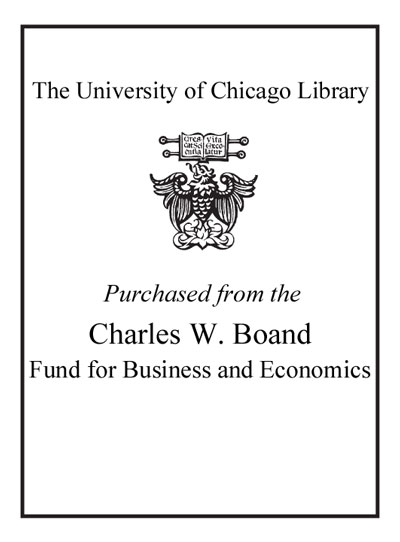Review by Choice Review
Amuzegar, an economist and former member of the IMF executive board, has written an important, insightful, and informative book: important because OPEC is central to international politics and economics; insightful because Amuzegar carefully diagnoses many old development problems that these nations have failed to overcome and the new problems that they now confront; and informative because it sheds much needed light on the serious economic and political situations in which most OPEC nations now find themselves. Compared to Daniel Yergin's The Prize: The Epic Quest for Oil, Money, and Power (1991), Amuzegar's book is particularly focused on OPEC nations rather than the history of the oil industry. Limited to the 1974-94 period, the author's discussion makes clear that OPEC nations generally have made poor use of their oil revenues and have failed to achieve many of their long-term goals. By 1994, most OPEC nations had much larger domestic and international financial obligations, larger and still burgeoning populations, more politically unstable governments, and less control over petroleum prices and revenues than they did in 1974. Though not a pretty picture, Amuzegar paints it well with statistical detail. Highly recommended for collections serving upper-division undergraduate and graduate students, faculty, and professionals. D. D. Miller Baldwin-Wallace College
Copyright American Library Association, used with permission.
Review by Choice Review

